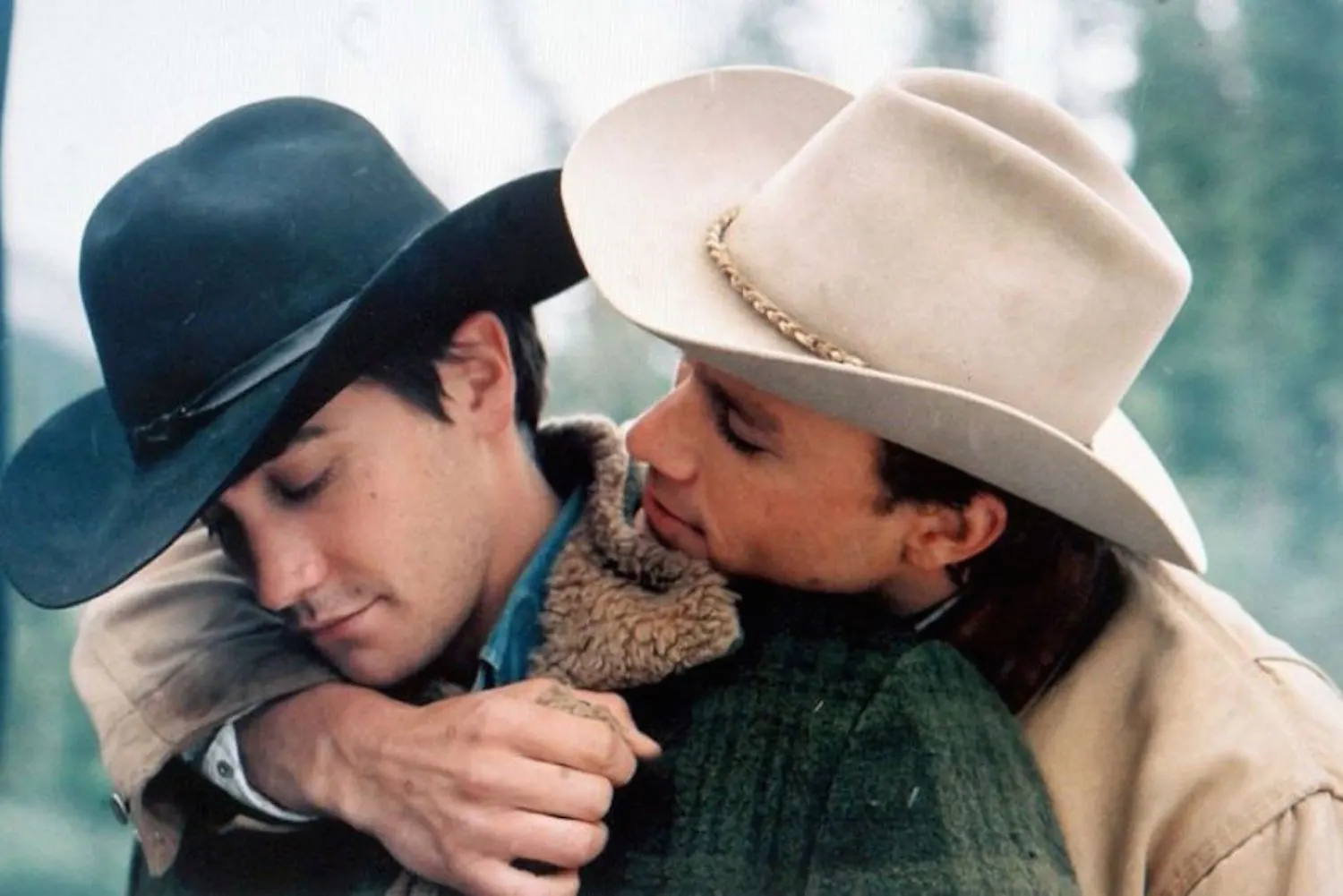Jake Gyllenhaal starred in Brokeback Mountain with the late Heath Ledger. (Focus Features)
Just two per cent of big budget films released in the last decade have had meaningful LGBT+ representation, according to an academic.
Dr Ellie Lockhart, who has a PhD in communications, has been analysing recent films to figure out what kind of queer-themed films do well at the box office.
As part of her research, Lockhart has been analysing LGBT+ representation in small, independent dramas and big budget films – and while representation is lacking in both, it’s especially bad in the major studio releases.
“Here’s the raw truth: I found just under 100 movies to include from 2010 to now,” Lockhart told The Observer. “That’s out of a dataset of 5,000.”
LGBT+ people are ‘very underrepresented’ in big budget cinema, according to researcher Ellie Lockhart.
“Even if we assumed I made coding errors and missed a couple of films, that’s two per cent of films including any major queer character/character who expresses any sort of queerness.”
She continued: “We’re very underrepresented, and we’re even more underrepresented in big budget cinema. I found about 36 films that qualified as not grounded drama films that met the criteria.
“Without drilling down at all into the content of these films, these are the films that fit the movies watched by the majority of people – the actual popular films that have LGBT+ people in them.
Representation in general is important because as a culture we recognise stories define us, for good and for ill.
“That’s bad, and it certainly counteracts any claims about a ‘tipping point’ or the ‘gay/trans agenda’ being in everything,” she said.
In compiling her data, Lockhart searched through IMDB for information on LGBT+ films and compared them to films without any queer representation.
Lockhart only included films that had meaningful LGBT+ representation.
Lockhart also came up with her own criteria films had to meet to be included. They had to have made any amount of money at the United States box office or been released through a major streaming platform, and, crucially, they must have had a major character who is openly identified as LGBT+.
Notably, she also only included films that featured queer characters that engaged in “unambiguous queer behaviour”, such as kissing, sex, talking to others about their same-sex attraction, or being open in some way about being trans.
In short, for a film to make the cut in Lockhart’s study, the LGBT+ representation must be “explicit”.
She chose not to include films like Captain Marvel, saying she didn’t want to reward films where a queer character’s identity could be denied.
Lockhart said she hopes her data will help shine a light on the lack of meaningful LGBT+ representation in big budget films.
“Representation in general is important because as a culture we recognise stories define us, for good and for ill. People feel invisible when they don’t see themselves in stories.”
